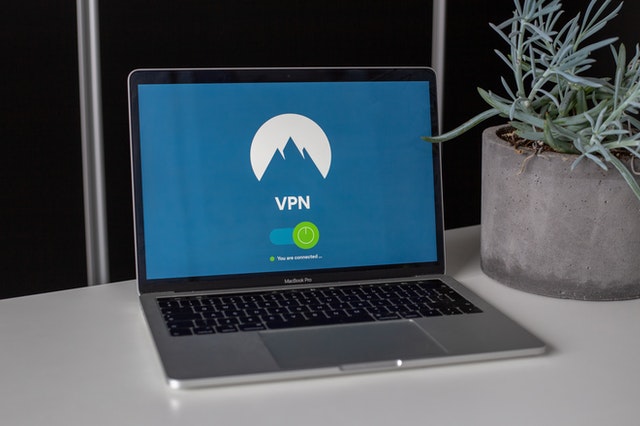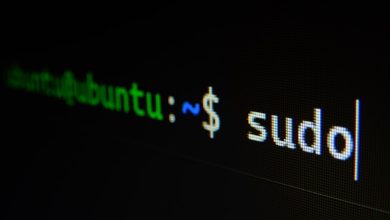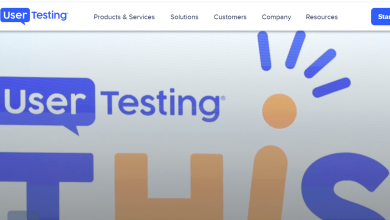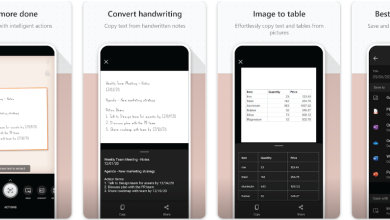Do You Need a VPN if You Borrow Online Loans?

As rates of borrowing online climb steadily each year, cybersecurity has never been more important. Is now the time to invest in a VPN?
A VPN isn’t just for serious computer engineers and people who browse the dark web; it’s an essential tool everyone should be using. And its value multiplies if you do any banking online, including borrowing money.
If you’re like most people, hitting the web for a cash advance or installment loan is easier than doing it the old-fashioned way.
Online, you can start your initial research for what you need to obtain the funds you require and send off an online application without ever leaving your house.
But to cashin on this convenience, you have to share some pretty confidential information and send it from your computer through the Internet (and your Internet Service Provider) to your lender’s servers.
With each added step, you open up yourself to cybersecurity vulnerabilities that a VPN can protect.
What is a VPN?
A VPN is short for Virtual Private Network, and it’s one of the most valuable encryption services you can use today.
A VPN camouflages your online identity and browsing so that potential fraudsters can’t spy on your activity online — whether you’re scrolling through Wikipedia or applying for installment loans online.
It does this by redirecting and scrambling your activity through a remote server that could be halfway across the world.
Why Do You Need a VPN?
Anyone who’s concerned about their cybersecurity needs a VPN. Here’s why:
1. Protect Your Sensitive Data
Although legit online direct lenders will follow cybersecurity best practices, they may have a chink in their armor that cybercriminals can exploit. A VPN doubles down on your lender’s security measures by protecting the data you share or receive with their servers.
2. Fortify an Unsecured Network
Some 7% of people in the US still don’t have reliable Internet in their homes. For them, using the free wireless services at their local library or café might be the only way they can do their online banking.
These unsecured networks are vulnerable to cybersecurity threats. A fraudster knows how to eavesdrop on the shared connection to peek at any information you share, including your login credentials, contact details, banking info, and social security number.
That’s all the stuff they need to sell your identity on the web or pretend to be you and open up false payday loans or lines of credit in your name. A VPN shields you from their prying eyes, making it impossible for them to snoop on your banking.
3. Hide Your Activity from Third Parties
Your Internet Service Provider (ISP) sees all. It tracks the devices you use, your browsing history, and your location, even when you’re incognito.
They document this activity not just for their internal records. There’s a good chance your ISP is selling your data to third parties. You didn’t vet these third parties on their security policies, yet they can access personal details about your life through this data.
Bottom Line: Find a VPN
While borrowing money online is a secure alternative to in-person options, a VPN gives you an extra layer of protection when you’re handling your most private information. Compare your options to stay safe.




